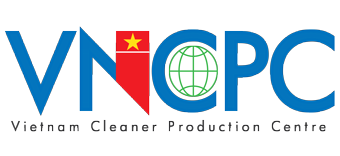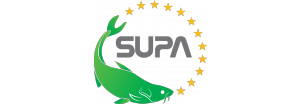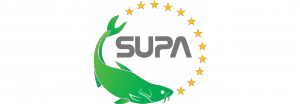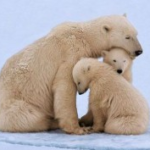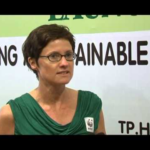Building Sustainable Pangasius Value Chain in Vietnam
The project “Establishing sustainable Pangasius value chain in Vietnam” is set to be launched in August and implemented in four years from 2013 to 2017 with a total budget of EUR 2.37 million, or an equivalent of more than VND 64 billion.
According to the General Department of Fisheries, the Vietnamese pangasius industry has dramatically expanded 50 times in output and 65 times of export value since 2000. Vietnamese tra fish, or pangasius, has been present in nearly 140 countries and territories around the world and accounts for over 90 percent of global pangasius output. The catfish also contributes 30 – 34 percent to the country’s total seafood export value.
Nevertheless, despite high growth, the sector is posed to huge problems that may cause significant damage to pangasius farming. Specifically, spontaneous farming is undermining the sector development planning; uncontrolled construction of processing plants and lax vertical and horizontal linkage of processors, farmers, feed suppliers and exporters caused supply/demand imbalance and volatile prices. This reality, coupled with anti-dumping lawsuits, leads to instable development of Vietnamese pangasius industry. Giving an overview of that reality, Mr Truong Dinh Hoe, General Secretary of the Vietnam Association of Seafood Exporters and Producers (VASEP), said the comprehensive management of pangasius industry from production and consumption to processing and export in Vietnam is not implemented thoroughly. The quality of parent fish, quality of baby fish, the quality of feeds and medicines, the output and quality of commercial fish, input prices, and selling prices are not actively managed.
This actuality is also a reason for VASEP to launch a programme in support of the sustainable development of Vietnam’s pangasius industry. The project “Establishing sustainable pangasius value chain in Vietnam” was jointly carried out by VASEP, the Vietnam Cleaner Production Centre (VNCPC), the World Wide Fund for Nature in Vietnam (WWF Vietnam), and WWF Austria.
VASEP said EU organisations and businesses will sponsor approximately EUR1.9 million, equivalent to 80 percent of the total budget for this project. The project will focus on specific activities like activities related to EU buyers, establishing a sample farm model and training centre; supporting companies to obtain ASC certification; training resource efficient and cleaner production (RE-CP), product design for sustainability (D4S), and sustainable product innovation (SPI) in enterprises. The project will also support the development of legislative framework; improve and perfect the legal framework in order to promote sustainable manufacturing practices in tra fish farming and processing in Vietnam; and train stakeholders to improve branding and assure product quality, and implement certificate of origin of seafood based on ASC and GlobalGAP standards.
In four years, the project will benefit approximately 200 companies and manufacturers of fish feed, 1,000 hatcheries, 750 small independent farms, 150 big farms, and 100 big pangasius processors in Vietnam. Once the project is completed, at least 20 new products and sustainable development technologies will be put on the market.
After many unsuccessful support programmes for the sustainable development of Vietnamese pangasius industry, this comprehensive, well-defined project is expected to bring the Vietnamese pangasius industry to the right path of sustainable development.
Source: VCCI news
